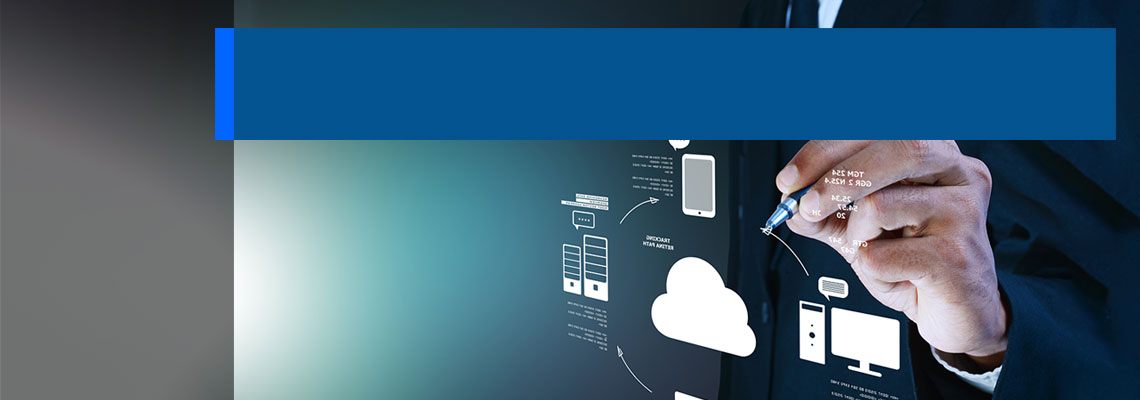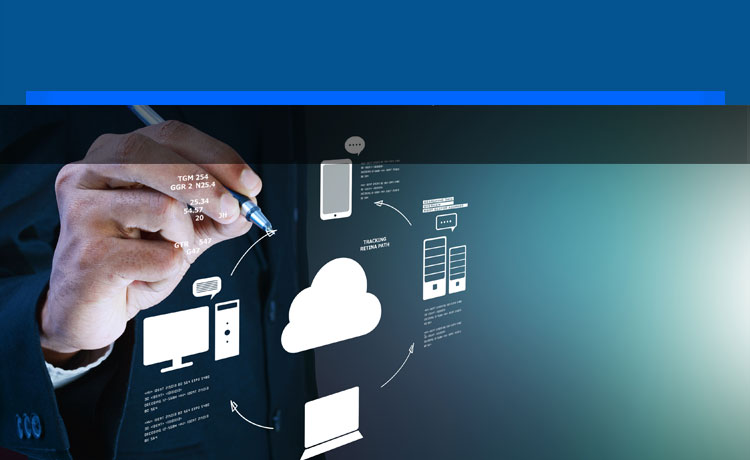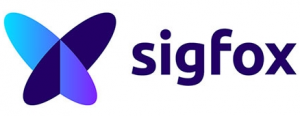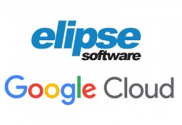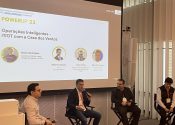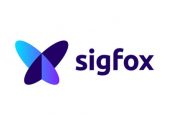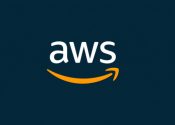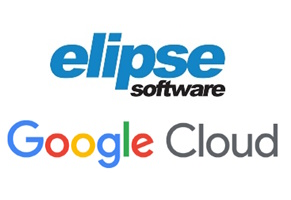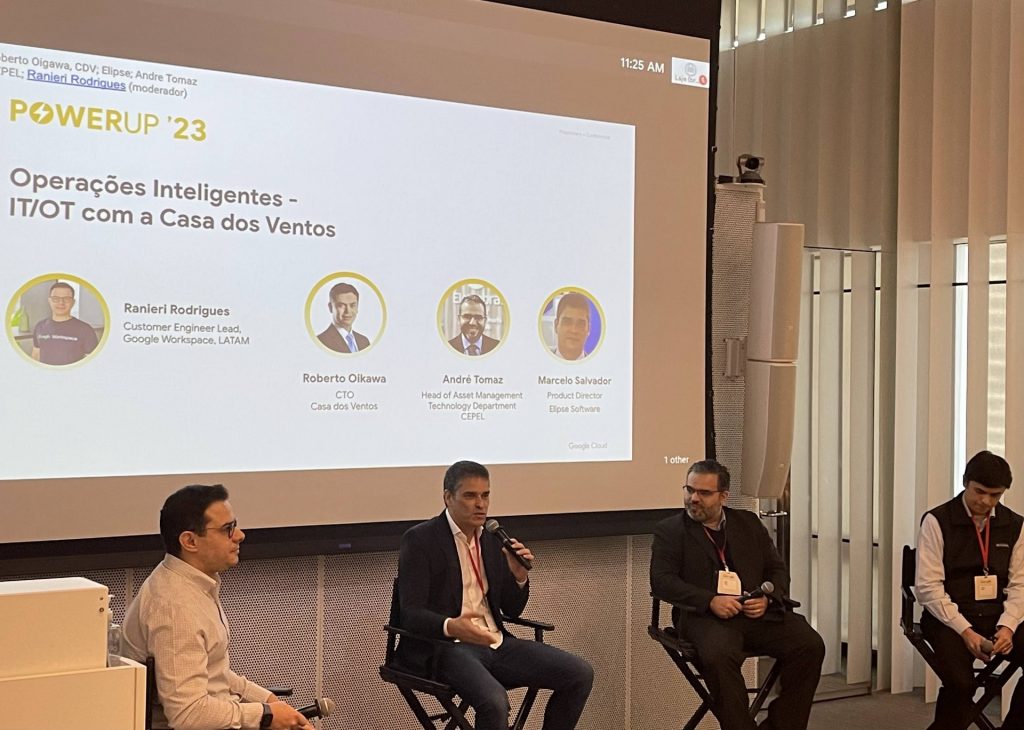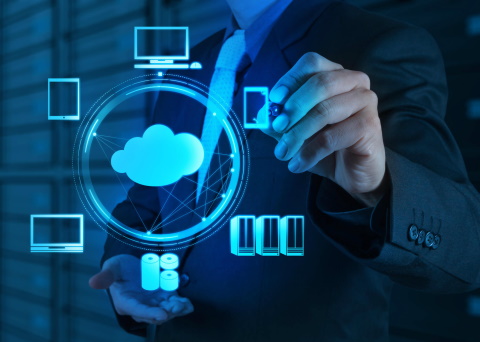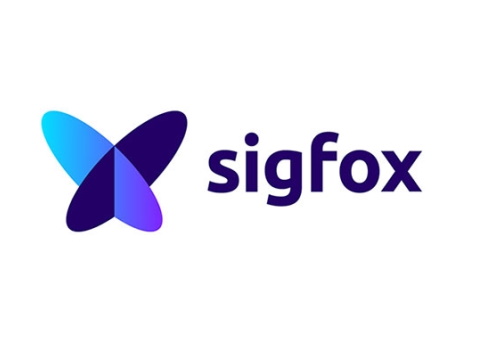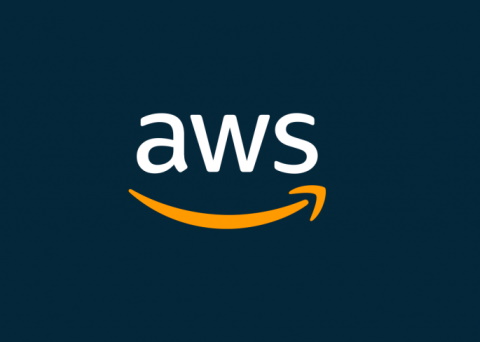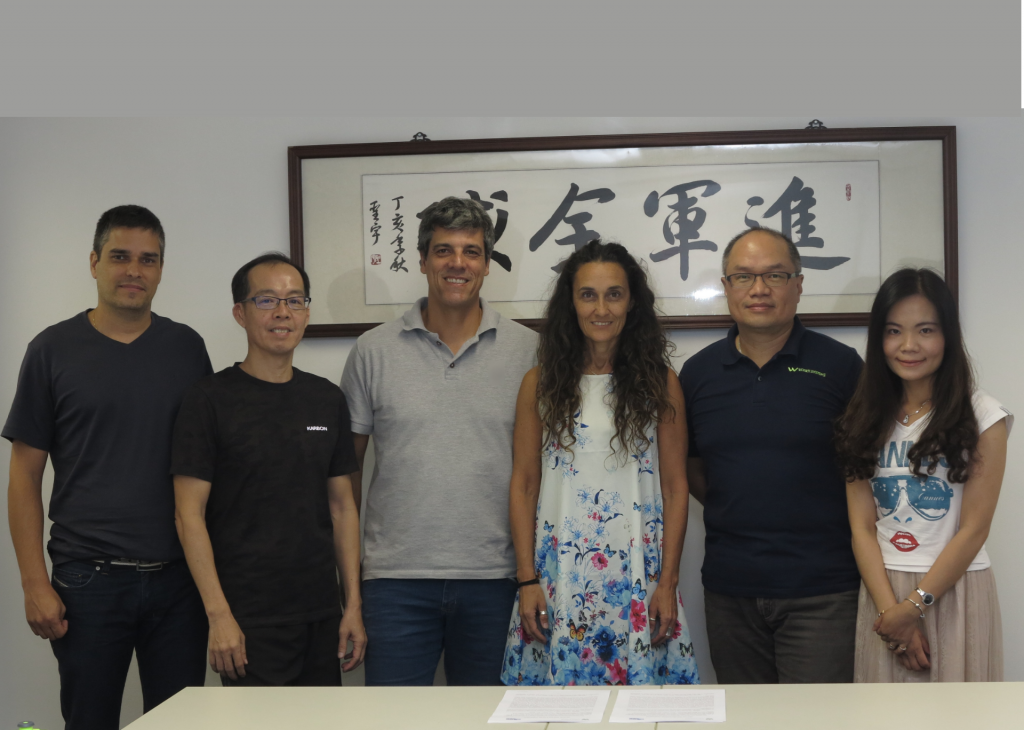Cloud computing allows using software systems in a third-party infrastructure with fewer initial costs, faster implementation, more scalability, and increased productivity, performance, and security to its users.
Over time, the services offered by cloud providers evolved from simply hosting virtual machines (VMs) to a large range of possibilities and development platforms.
The most common types of cloud services are:
– IaaS (Infrastructure as a Service): Host service for VMs;
– PaaS (Platform as a Service): Development environment hosted in the cloud;
– SaaS (Software as Service): Ready-to-use solution for the end user, with a business model based on monthly fees (or payment per use).
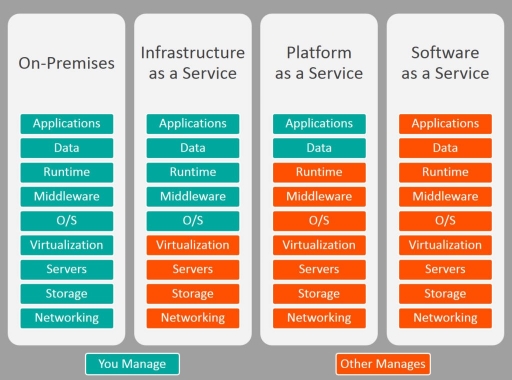
Elipse Software offers PaaS solutions and, in cooperation with technological partners, Saas solutions as well. Therefore, your applications can be executed in operating systems hosted in the cloud, in Virtual Machines, or in Containers. With it, you will be able to install your Elipse E3 or EPM in partners such as AWS, Azure, or Google, and to use all resources remotely from any spot where an internet connection is available.
To meet the demands for our software solutions in the cloud, we offer not only our products’ copies for purchase, but also our resources for rent; these resources can be incremented/altered as needed.
PaaS solutions
In this model, either the end user or their technology partner (systems integrator) purchases the copies of the Elipse products (in a lifetime or limited-time agreement) and executes them in a virtual environment.
SaaS Solutions
In this model, the Elipse partner develops a solution based on Elipse products and supplies this solution, hosted in a virtual environment, to multiple end users simulateneously. The partner will bill their clients directly; in some cases, the business agreement will also contemplate a monthly compensation to Elipse Software. Contact us, and we will find the best solution for your needs.
Hybrid Cloud
Elipse systems can also be employed in hybrid mode, that is, part of the application is executed on premises, and the other part is hosted in the cloud. For example, you can use a SCADA Elipse E3 application for a 24×7 operation inside the plant that sends all the storage data in an EPM PaaS.
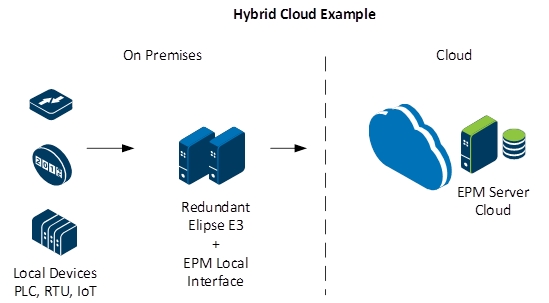
Containers
In addition to VMs, a more optimized way to execute software solutions in the cloud is based on Containers, which can be translated as operating system’s virtualization.
When using VMs, the operating system requires to be reproduced every time a VM is loaded; containers, on the other side, share the operating system’s files, thus making the system much lighter in this case.
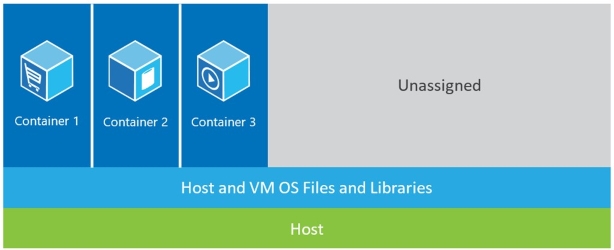
Another advantage is that an application running on a container is independent from other containers and from the machine where it is hosted; this ensures great native scalability for the system.
A container can be initialized and stopped very easily, and its data can be stored in disk volumes outside the container, so that they can be preserved independently.
Elipse Software offers two different images from Windows Server Core to be used with the Docker containers’ platform: one displays EPM, and the other one SQL Server. These images are EPM’s and SQL’s containers, which can be loaded to their cloud platform.
